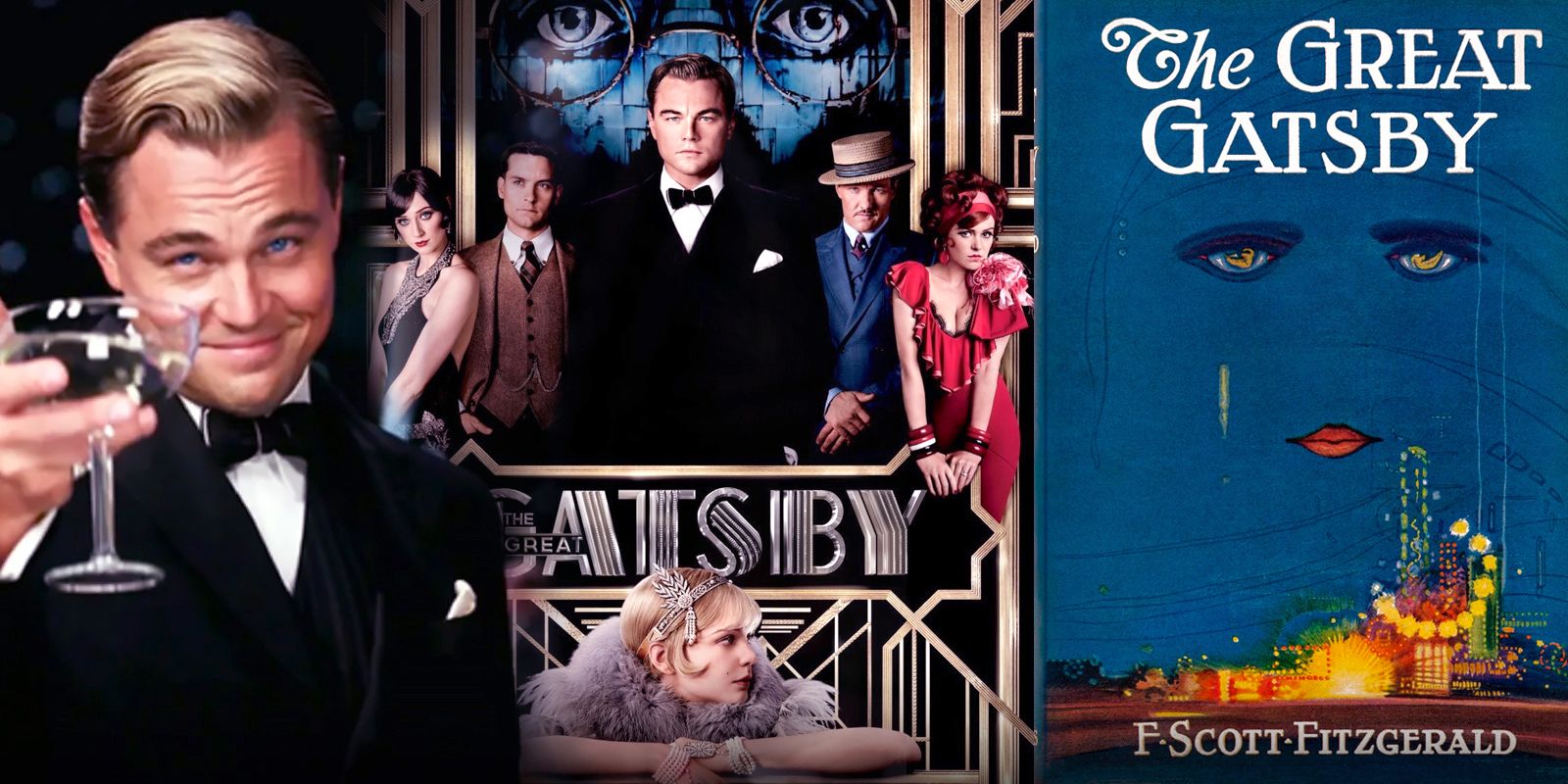“Siberia” (2018): A Cold Descent into Obsession and Betrayal
Siberia, directed by Matthew Ross and released in 2018, is a slow-burning romantic crime thriller that attempts to blend the harshness of Russia’s icy landscapes with the inner turmoil of a man caught between love, deception, and the criminal underworld. Starring Keanu Reeves in a departure from his action-hero persona, the film explores the emotional and psychological unraveling of a diamond trader trapped in a world he no longer controls.
Reeves plays Lucas Hill, an American diamond dealer who travels to Russia in search of his missing partner, Pyotr, who has disappeared along with a set of rare and valuable blue diamonds. As Lucas ventures deeper into Siberia to salvage the deal with volatile Russian buyers, his professional life begins to spiral. Complicating matters further, he begins a passionate affair with Katya, a local café owner portrayed by Ana Ularu. Their relationship, raw and impulsive, becomes a central focus of the film, revealing the vulnerability and desperation that drive Lucas away from his calculated, transactional life into something more chaotic and human.

The cinematography captures the brutal beauty of the Russian winter with stark, atmospheric visuals—white snow, gray skies, and lonely streets that mirror the coldness of Lucas’s world. Unlike typical thrillers that rely on gunfights and car chases, Siberia relies heavily on mood and tone. It’s a film of silence, long glances, and moral ambiguity. The pacing is deliberately slow, mirroring the suffocating isolation of its setting. Reeves delivers a performance that is subdued yet emotionally resonant, showing a man gradually sinking into a moral and emotional quagmire. His chemistry with Ularu is palpable, giving the film its most convincing moments.
At its core, Siberia is less about diamonds or the criminal deal, and more about escape—both physical and emotional. Lucas is not simply running from a botched deal, but from a life that feels hollow. The illicit affair with Katya represents his fleeting hope for connection, though it too is doomed by the forces surrounding them. The Russian gangsters, the ever-tightening grip of corruption, and the icy isolation all serve as metaphors for Lucas’s internal decay.

Critics were divided on Siberia. Many praised its moody, existential tone and Reeves’ willingness to take on a more introspective role, while others criticized its pacing and lack of clear narrative payoff. It is not a film that offers easy answers or thrilling conclusions—it leaves viewers unsettled, much like its protagonist.
In the end, Siberia stands as a meditative exploration of identity, longing, and the consequences of choices made in desperation. It’s a stark reminder that in a world as cold as the Siberian winter, love and loyalty can melt away just as quickly as trust. While not for every viewer, those who appreciate atmosphere over action may find Siberia a haunting, icy descent into emotional isolation and moral ambiguity.


-1751859221-q80.webp)